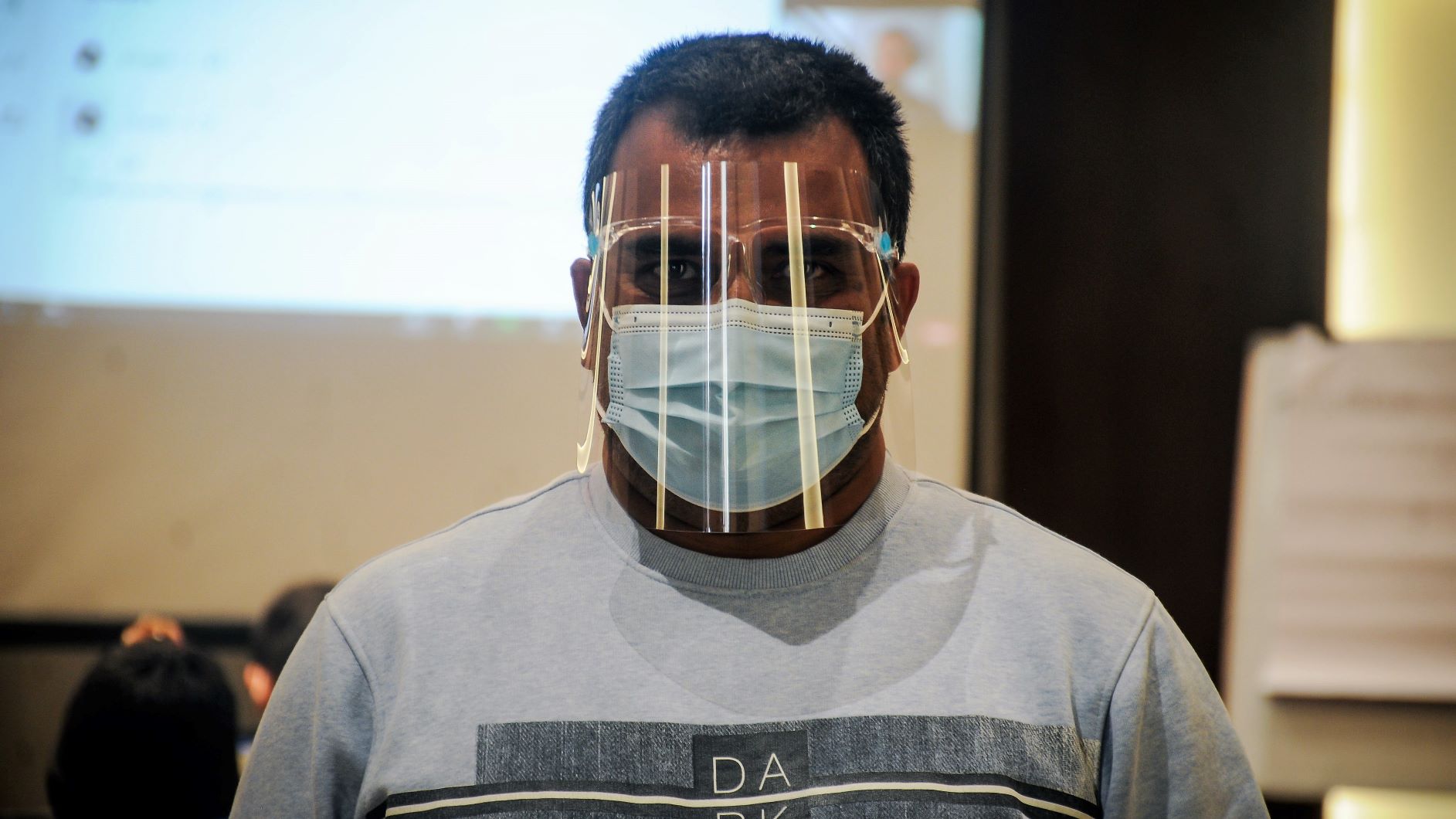[Paraphrase of some interesting points of two speeches during the launching of a book entitled MBM Anthology of Media Ethics edited by my friend Bhuwan KC. The speeches were those of Minister for Communication and Information Shankar Pokharel and Professor P Kharel.]
Shankar Pokharel
Politicians and/or political parties use media for two reasons: either to establish their opinion or to bargain on certain political interest. Political news without quoting sources is less information/facts and more message of political interest.
Journalists should always use multiple sources on sensitive news.
Media prioritize on making an issue controversial rather than making news creditable. This makes news focusing on negative side. The tendency to covering news on its positive aspects is lacking.
While reading news, we find that the reporters speak from within the news. This, I believe, is a legacy of mission journalism when journalists could not find anyone to speak and people were not free to speak as freely as the journalists.
The change is also needed in the diversified coverage. Media is centered in political issues while the social change requires media also focusing on financial and social issues.
Media also have to be play role in national interest. Media coverage of Iraq war by US media and Mumbai attack by Indian media are some examples. US media covered bad news about the war only after the war ended. I wonder if incident similar to Mumbai attack had happened in Nepal, our media would have criticizing long time taken by police to end the seizure.
Prof. P Kharel
Nepali media has to be clear in a few aspects of media ethics.
The first is on being activists of political parties. Should journalists be political activists or not?
The second is media need to clarify on junket / gifts. Free trips and/or gifts makes journalists more inclined to cover issues for those benefits. Media need to have clear policy on those aspects. I am not saying it’s wrong, but at least media need to develop a kind of policy which does stop individual journalist from seeking such favors from INGOs/embassies/ministries through media coverage.
===
The title of this post came from a small story that Nirmala Mani Adhikary said during his welcome speech. Once Buddha asked a King who was building big walls to protect his palace: the wall would save you from outer enemies but what would save you from the enemies within your palace?
Minister Pokharel recalled the story and said there are no ways in modern democracy that the state could make public policy or laws or regulations against freedom of press; and in such scenario the biggest enemy of the media’s professional development is non-implementation of ethics.
I agreed!
===
The book MBM Anthology on Media Ethics is published by Department of Journalism and Mass Communication at the Madan Bhandari Memorial College and it’s Communication Study Center and edited by Bhuwan KC. It has four articles: Development of journalistic ethics in Nepal (by Yam Bahadur Dura), Practices of Journalistic Ethics in Nepal (by Bhuwan KC), Looking for a common ground: Ethical practices in South Asian media (by Indra Dhoj Kshetri) and Manusmriti as a resource of media ethics (by Nirmala Mani Adhikary).
I reckon this book a very useful resource for media students and those interested in media for some valuable articles and the collection of all media ethic documents of Nepal (in annexes).
A disclaimer: I was involved as a copy editor in the book.

